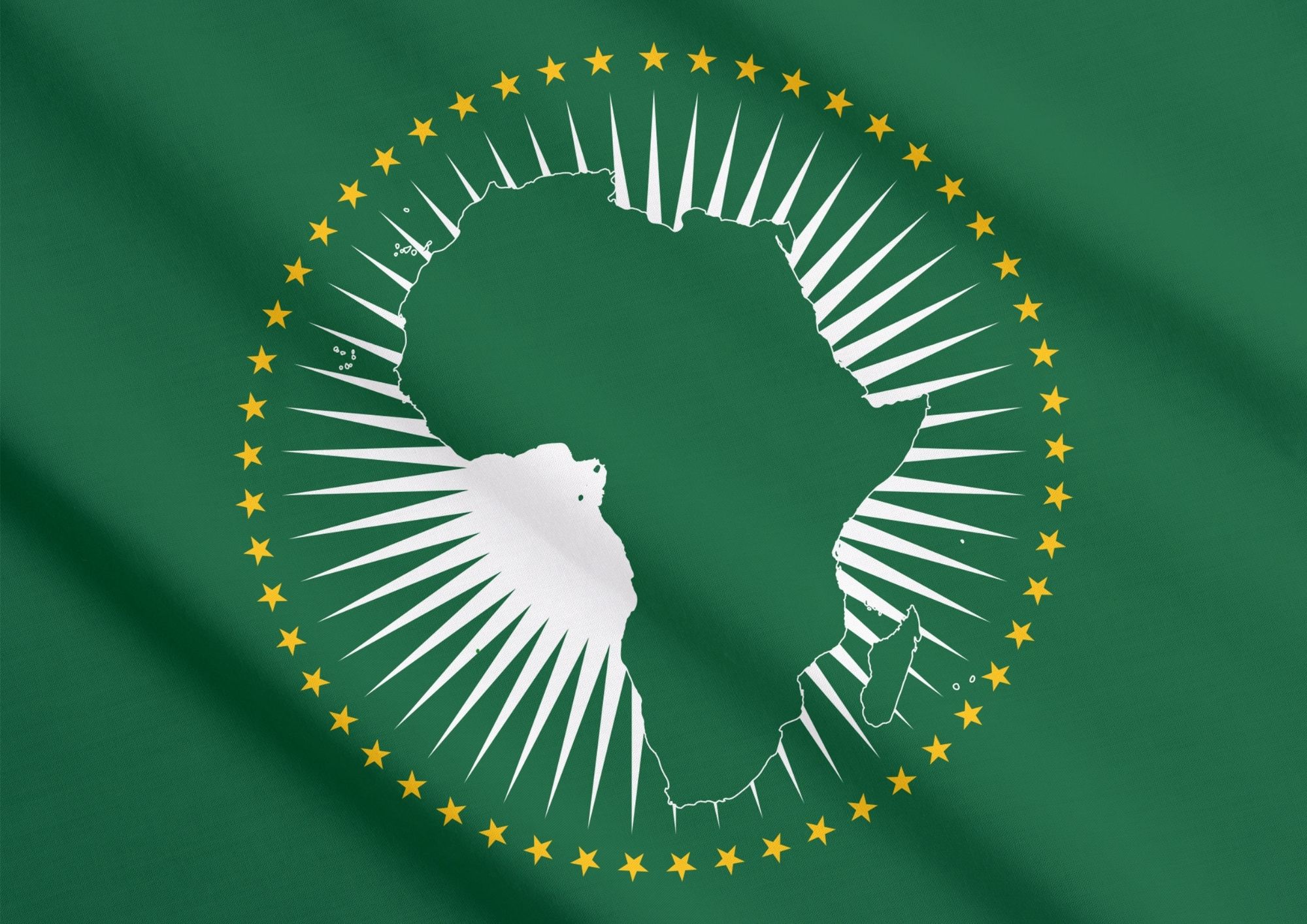
10 September, 2021
African Union Day: Africa’s Cultural Heritage Is an Integral Part of its Renaissance
As the Continent celebrates the 21st anniversary of the AU Constitutive Act, AfricanDefenders and DefendDefenders emphasize the necessity of the Union to reflect on aspiration 5 of its Agenda 2063: An Africa with a strong cultural identity, common heritage, shared value, and ethics.
The theme for this year, “The Arts, Culture and Heritage: Levers for Building the Africa We Want,” not only recognises that the arts and culture are uniquely positioned to play a special role in engendering a proud, confident, and thriving African society but also draws attention to the importance of preserving peace and security on the Continent.
The African heritage demonstrates that beyond blood relation or family, African citizens have historically been the traditional basic galvanizing units for organized way of life, security, and development of identifiable societies.
“History has shown, in the most developed societies, that art is essential to the creation of a reality. Artists draw their inspiration from the environment around them, and then they create an “energy” and messages that shape or influence reality – the reality through which societies develop socio-politically and economically. That is why art is a treasure that should be protected. A society without art creation is often a society without freedom of expression, which betrays a stagnation, the exact opposite of development,”
The inherent traditional resilience in the structuring of local African communities is derived from their identity and arrangements to address the vulnerabilities of the community from the bottom-up and to maintain its values and way of life in the face of any external threats or influences. At 21 years, we believe the AU constitutive Act has matured to address the root causes of conflicts, political instability, Coup d’états, violation of constitutions, rampant corruption, and dependence on foreign aid.
Political and armed conflicts have not only led to the regrettable destruction of Africa’s rich, historical-cultural heritage, it has also shrunk the space within which artists can freely express themselves, pushing many of them to exile. Sikubwabo notes that:
“Art is the mirror of society; artists reflect and shape societies, while denouncing what goes wrong around them. So most often, art is politicized while in fact, intrinsically, art is an expression of feelings or desires – and this is what happened to our music in the run up to the 2015 election and crisis in Burundi. Lion Story had just been singing about Burundians’ everyday lives – including injustice, political violence poverty, etc. – and this was not appreciated. In most extreme cases, the politicisation of art can take the shape of harassment or oppression and put artists’ safety at risk – and trigger their fleeing across borders, as Lion Story had to do it.”
Yet it is not just cultural heritage and artistic freedom under threat. Africa’s indigenous communities, an indispensable part of the continent’s cultural identity remain under threat by various forces – from legal discrimination to political conflict and land dispossession. Being a minority, these communities struggle to have their plight gain mainstream attention, a fact that has pushed many of them further to the fringes, and for others, to extinction.
“The biggest challenge to the Indigenous communities and indigenous human rights defenders is the discrimination in countries’ legal framework even though the international instruments including the African Charter for Human and People’s Rights provide clear and unequivocal protection for them. This becomes a challenge for the human rights defenders who need the backing of the law in their human rights advocacy work. So indigenous people continue to suffer deprivation of land, critical social services – including health care, education, clean water and security, and face disproportionately high rates of poverty and exclusion in major development programs, yet their voices remain marginalised.”
As the African Union targets to promote the pre-eminence of Africa cultural renaissance and strive to ensure creative arts are major contributors to Africa’s growth and transformation, , it is important that it centres values enshrined in the African Charter on Human and Peoples’ Rights to promote free expression and opinion as core values of the continent’s cultural identity. Additionally, the AU must move boldly to end the scourge of conflict that continues to displace people & disrupt livelihoods, eroding years of gains and progress to consolidate Africa’s cultural diversity to flourish.
Hassan Shire
Executive Director, DefendDefenders, and Chairperson, AfricanDefenders.



